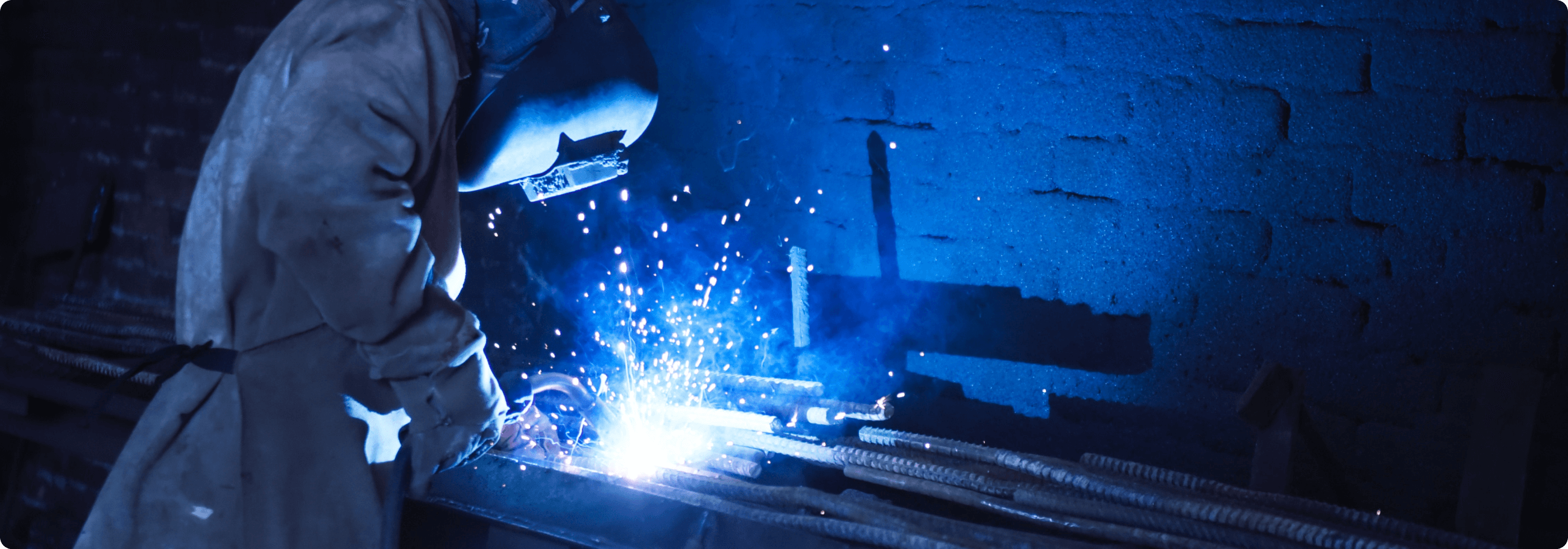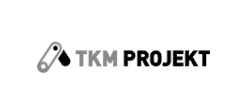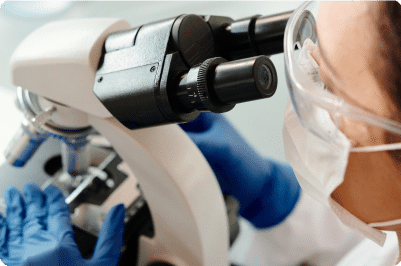TKM Projekt has been working on designing and constructing the laser engraving system for one of their large clients in the manufacturing industry. The project had a strict timeline for the delivery and acceptance of every stage, which was followed by both parties swimmingly. This wasn’t the first project implemented by TKM Projekt for this client. Both companies had very good business relations and a long history of successful cooperation.
This time, however, the planned timeline for the project implementation got on hold due to restrictions introduced in response to the COVID-19 pandemic. Both companies had to ban business trips and external parties’ access to production premises which made performing acceptance tests (FAT – Factory Acceptance Testing) impossible.
During the FAT phase, the client verifies whether the ordered machine works exactly as it should work after it has been installed on-premises. The tests are performed based on the User Requirements Specification (URS) which contains distinct expectations for the designed system. The functioning of safety systems and all machine performance parameters are inspected.
Due to the complexity of acceptance tests, they are performed by the client on-site, at the manufacturer’s premises, often in several iterations, during which new remarks are made and changes, that were requested previously, are checked. The FAT phase is an important milestone that opens (or closes) the path to the final implementati
Postponing acceptance could have a negative effect on both companies, such as:
- breach of the project schedule and delayed implementation,
- substantial damage to the provider’s financial liquidity,
- possible deterioration of business relations due to delay,
- possible delays in other dependent projects on the client’s side.
Both parties wanted to find a solution. This is when the Samelane team offered help.
Interested in Samelane?
Want to know more and test a demo to see how Samelane can benefit your organization?
Initially, the companies were not convinced that carrying out such a critical part for the project without the client’s physical presence near the machine could be possible. But after getting familiar with the proposed operation process and solutions offered by Samelane, it was decided to perform acceptance fully remotely.
Samelane Enterprise was successfully used to support the process of submitting comments and remarks during acceptance testing and approving the changes. Additionally, the augmented reality (AR) module (Samelane Industry) that provides AR-powered remote support functionality allowed the client to inspect the machine and observe how it works in real-time remotely.
In the end, the process of accepting the laser engraving system remotely looked as follows:
TKM Projekt prepared photo-video documentation for every user requirement and posted it on the Samelane platform with references to a specific URS element.
The persons designated by the accepting party verified the posted materials and approved them on the Samelane platform or submitted comments and remarks if the additional verification was needed.
TKM Projekt introduced changes to the system according to provided comments and added additional documentation on the platform when it was requested.
The Samelane platform keeps the full history of comments and documentation provided in response to submitted requests, along with information about the author of the comment and people who read it or approved the change.
In cases when additional verification or inspection of the machine was needed, the TKM Projekt specialist, equipped with RealWear HMT-1 AR glasses with the Samelane Industry application installed on them, performed specific operations on the machine according to the given instructions. With the help of a camera installed on the glasses, the accepting party’s employee could inspect the machine’s performance “through the eyes” of the operator. During such session, the accepting party’s employee could also take pictures in high resolution, save them on a computer or put annotations on them (e.g. mark key elements that he would like to see in more detail) and send the marked photo to the TKM Projekt specialist. Samelane Industry also allows text messaging, which facilitated the exchange of information about item identifiers or numbers of electrical wires.
All accepted and unaccepted items from the user requirements list were available in the form of transparent reports on the Samelane platform for convenient tracking of the acceptance progress.
The client achieved important milestone that opened the path to the final implementation of new machine.












